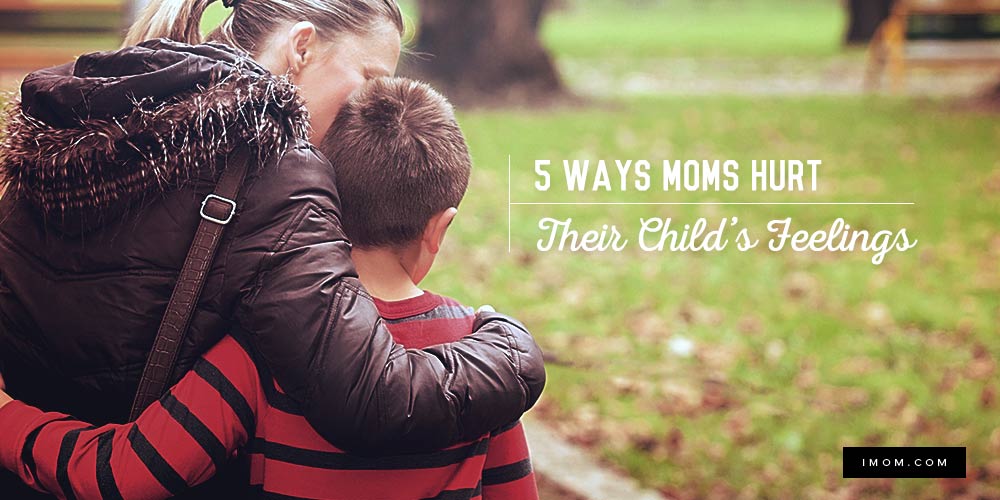When my children were small, I did not always give them a hurry-free childhood. For example, one day I fired off a list of things I wanted my preschooler to do. She looked at me with a defeated expression and said, “Mommy! I can’t do all of that at the same time. I only have two hands. I’m not a caterpillar!”
To give our children a hurry-free childhood we must be careful not to expect our children to mature directly from infancy to adulthood. There’s a beautiful place in between that we need to embrace—it’s called childhood. Here’s how to give your kids a hurry-free childhood.
Understand childhood development.
In his book, The Hurried Child, author and psychologist, Dr. David Elkind, says it’s important to realize that children do not need to be rushed in their day-to-day activities or in their mental or academic development. In one interview, Elkind explained the hurried child syndrome: “When a child is expected by his parents to perform well beyond his or her level of mental, social, or emotional capabilities … and … behave and react as miniature adults.”
Elkind says that children, even very young children, can experience stress and feelings of inadequacy when their parents rush their development. They might also believe that their parents’ love for them is based on their accomplishments. Children, Elkind says, don’t need to be competent—they need to be children.
Embrace your child’s stage in life.
My son has always been tall for his age. When he was 10 his body said “teenager” but his actions screamed, “Hey! I’m still a kid!” I often expected him to act older than his age because of his physical maturity. But even if our children are taller than average, smarter than average, or as an only child or eldest child act more maturely than average, they are still children and need to be seen and treated as such. Helping our children feel loved starts with us accepting them—and their limitations—at their present stage in life.
Adjust your expectations.
When we expect our children to function like adults, we are setting them up for feelings of exasperation and failure. When we say to our child, “How many times do I have to tell you the same thing?” It’s as if we expect them to learn a lesson the first time we teach it. We don’t expect that from the cute puppy we’re training, but we often expect it from our children.
I believe the wisest person who ever lived, Jesus, showed us the importance of allowing for the wishes and rhythms of childhood. He never got on the “hurry up” treadmill to nowhere when he dealt with children or the child-like. Instead, he sat with, and listened to, and showed them love. When children asked to spend time with him, he could’ve said, “No time, kids. I have a world to save.” But instead he slowed to the pace of a child. He knew that was the most effective way to relate to a child, and the best way for a child to experience life, love, and acceptance.
This excerpt was taken from the book Wise Words Mom: What to Say to Raise Kids Who Feel Accepted, Confident and Loved by Nancy Jergins.
What’s one way you can stop hurrying your child today?










